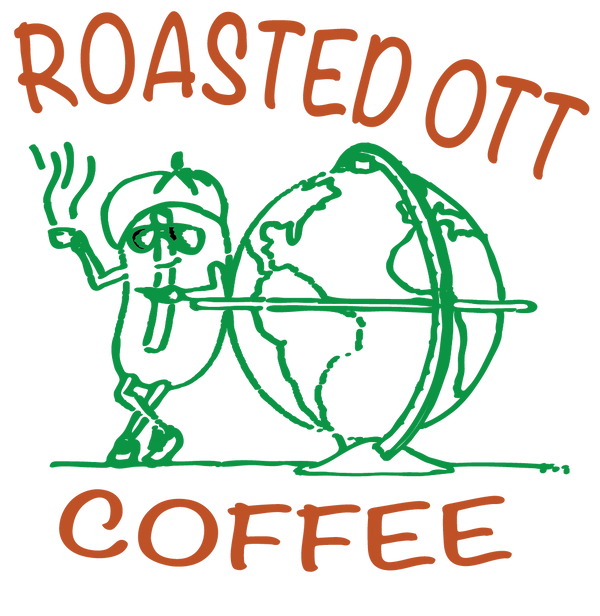SUMATRA ORGANIC BENER MERIAH GAYO MANDHELING GRADE 1
SUMATRA ORGANIC BENER MERIAH GAYO MANDHELING GRADE 1
Couldn't load pickup availability
Grower
Members of Permata Gayo Cooperative
Altitude
1200 – 1600 masl
Variety
Bourbon, Catimor, and Typica
Soil
Volcanic loam
Region
Bener Meriah Regency, Aceh District, Sumatra, Indonesia
Process
Wet hulled and dried in the sun
Harvest
June - December
Certification
Organic
BACKGROUND
Regional details
Tradition runs deep in the Bener Meriah regency on the island of Sumatra, renowned for cup profiles and the classic Indonesian style of coffee cultivation and processing. Coffee is cultivated and harvested from farms that average less than 3 acres in size. Producers belong to the Gayonese ethnic group and maintain a traditional village lifestyle that includes houses that resemble ships. Seventy percent of the producers are women who rely on coffee income to support their families.
Processing Details
Each producer carefully sorts their harvested cherries before depulping and fermenting overnight with small micro-mills. Then the coffee is washed and laid out on patios to shed the excess water from the parchment covered beans. Next the coffee takes a detour from the conventional path of processing in other origins, wherein, the coffee parchment is removed while the coffee still has a high moisture content. This wet-hulling process, called Giling Basah in the Indonesian language, leaves the coffee bean exposed while drying on patios to a moisture percentage acceptable for export. This Indonesian processing method gives the bean its unique bluish color and the hallmark Indonesian profile.
Exporting Details
With Indonesian coffees, half the battle is overcoming logistical challenges like rugged roads and unpredictable torrents of rain. The Permata GayoCooperative, with nearly 2000 coffee producing members, takes on an important role of organizing local warehouses and transportation so farmers can overcome these challenges. Permata Gayo receives wet parchment from farmers and carries out the wet hulling process, subsequent drying, and the dry-mill process to swiftly bring the coffee to the international market, ensuring consistent quality control and greater earnings for producers.
